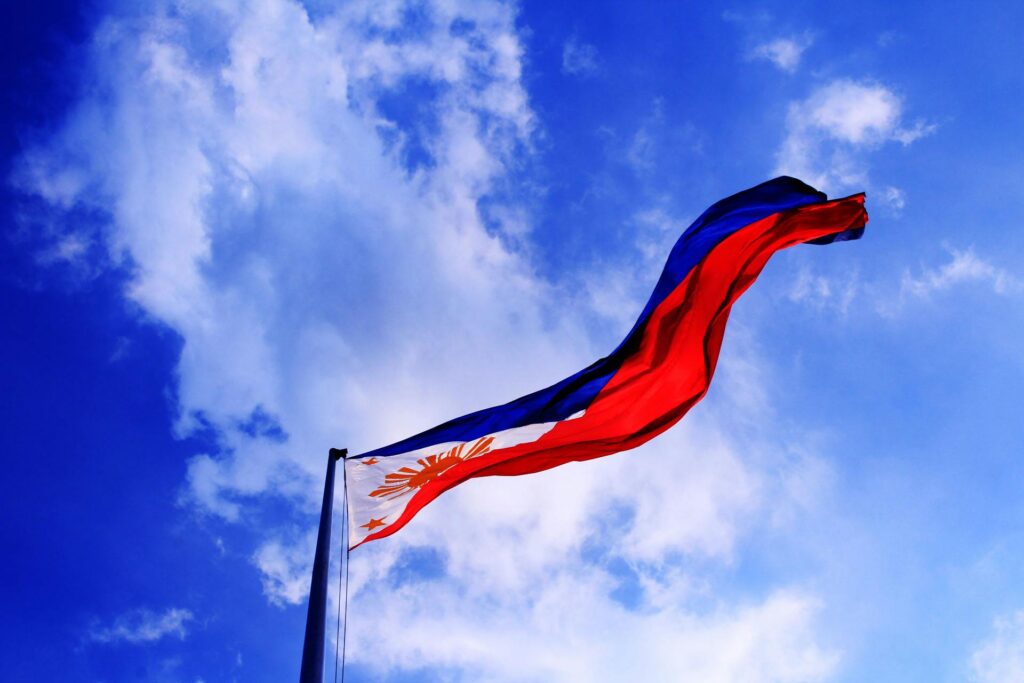In the Philippines, a growing number of visionary leaders are using business as a force for social good.
These social entrepreneurs tackle challenges in education, sustainability, livelihood, health, and more.
All while empowering communities and creating lasting change.
Below, we profile 30 notable Filipino social entrepreneurs, each with a brief overview of who they are, the enterprise they lead, the problem they address, and the impact they’ve made.
Daniel Layug
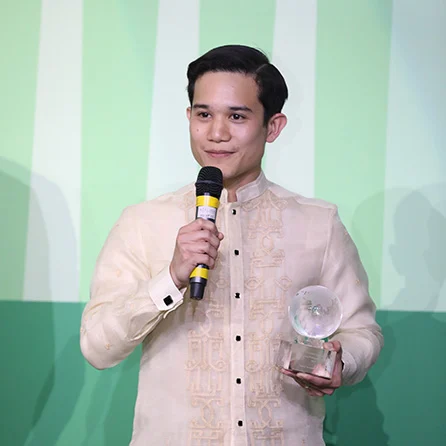
Daniel Layug is the co-founder of PeoplePods, a social enterprise providing safe, dignified housing for female factory workers in the Philippines. While pursuing graduate studies, he envisioned affordable dormitories for laborers – a concept that won a startup competition and became PeoplePods. The sustainably designed communities include kitchens, clean water, electricity, and Wi-Fi, giving low-income workers a secure living environment.
Francis Simisim
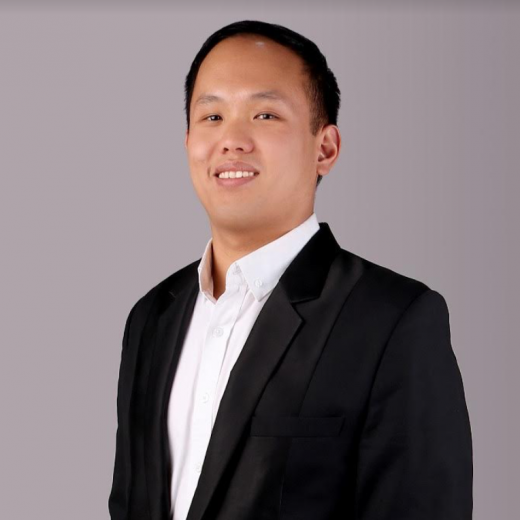
Tech entrepreneur Francis Simisim turned his attention from digital marketing to inclusive technology with Social Light, which he co-founded in 2013. Social Light tackles two problems at once: the digital divide and plastic pollution. It sets up stations that provide free Wi-Fi to underserved communities in exchange for used plastics, which are collected for recycling. This innovative model has attracted over 500,000 people to swap plastic waste for internet access.
Carmina Bayombong
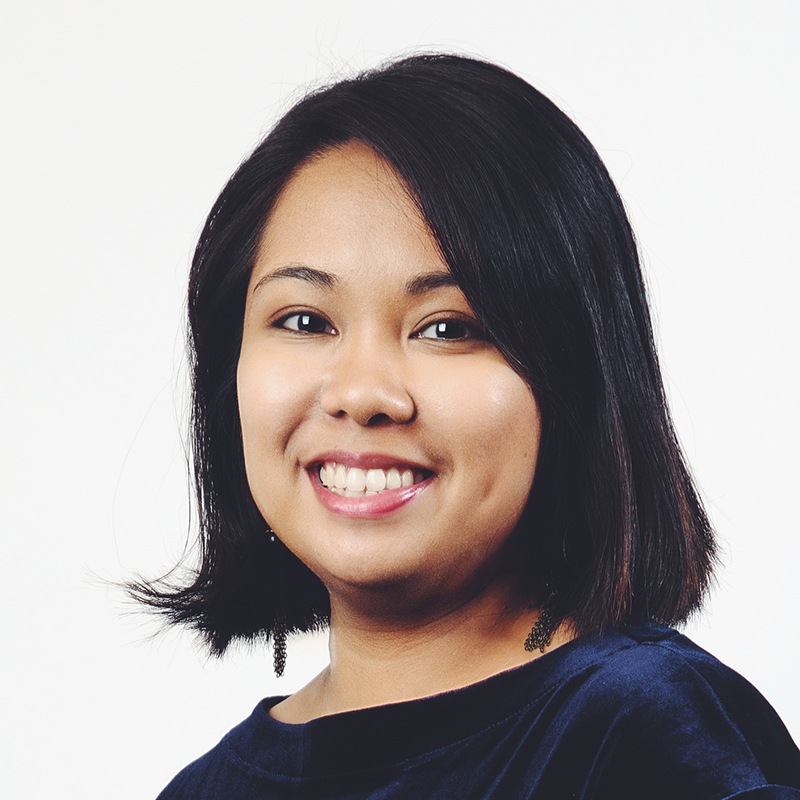
Carmina Bayombong leads InvestEd, one of the Philippines’ pioneering education loan funds for low-income youth. She recognized that the cost of college is a major barrier for many Filipino students. Through InvestEd, Carmina provides affordable, low-interest loans to deserving college students who lack financial support, paired with mentorship on career and financial literacy. The impact has been striking: InvestEd has helped thousands of students graduate, trained over 6,000 young people in job readiness and entrepreneurship, and mobilized millions of pesos into education.
Shanonraj Khadka
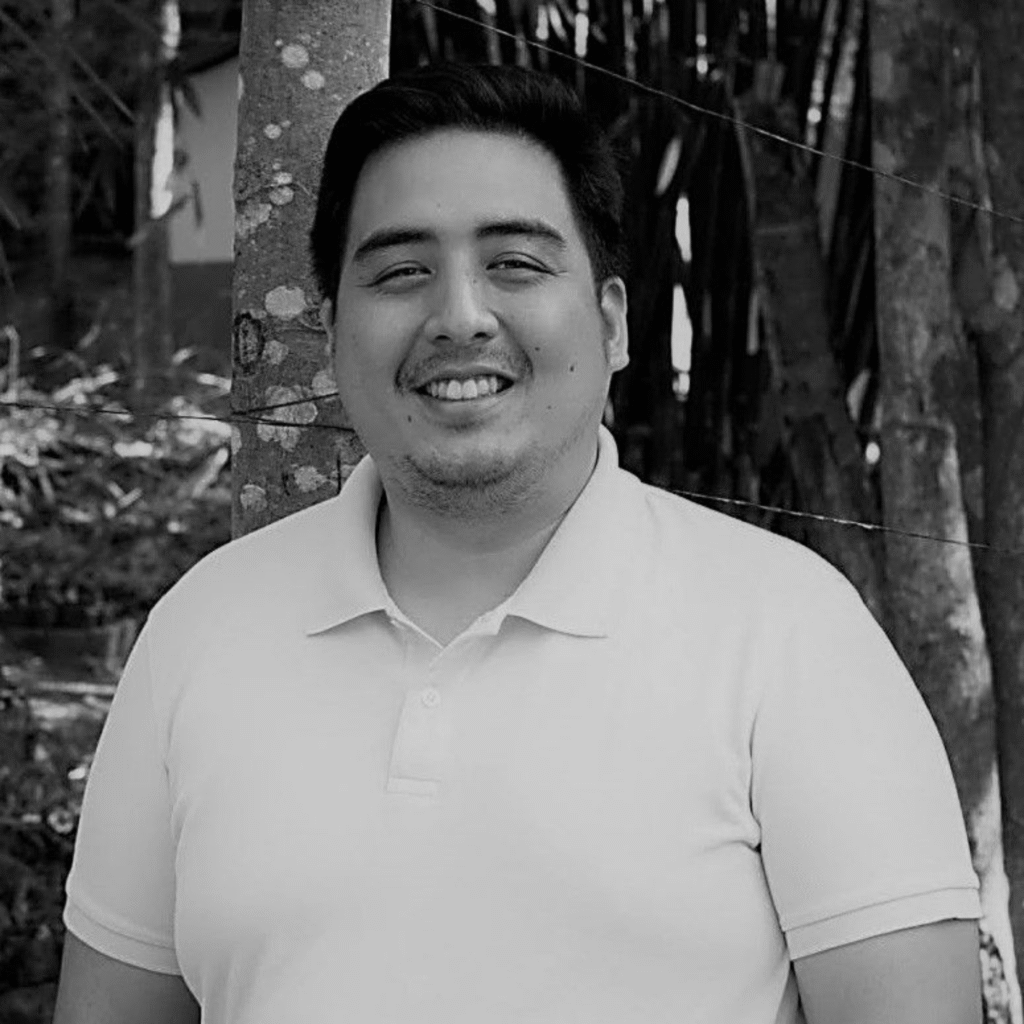
As founder and CEO of Gawad Kalinga Enchanted Farm, Shanonraj Khadka transforms idle land into a vibrant “farm village university” for social enterprise. The Enchanted Farm, an initiative of the Gawad Kalinga movement, addresses rural poverty by incubating social businesses on-site and training grassroots entrepreneurs. Under Khadka’s leadership, a once-barren plot in Bulacan now boasts abundant gardens, training centers, and dozens of startup ventures. The farm has created over 300 jobs and immersed more than 400 students in hands-on social enterprise education.
Reese Fernandez-Ruiz
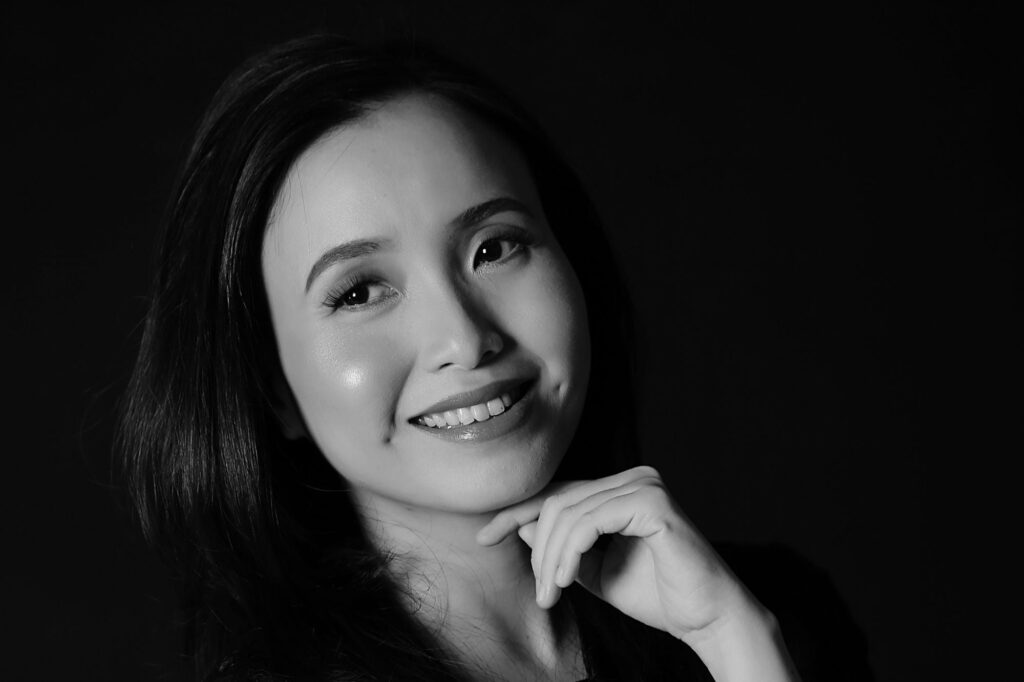
Reese Fernandez-Ruiz is a trailblazer in ethical fashion as the co-founder of Rags2Riches (R2R). R2R began in Payatas, one of Manila’s largest urban poor communities, where Reese and her team saw artisans sewing foot rugs from scrap cloth but earning a pittance. She built R2R to empower these artisans by upcycling scrap fabrics into high-fashion handbags and home accessories, in collaboration with top designers. R2R integrates community artisans at every level – from sourcing materials to governance – ensuring fair wages and skills training. Fernandez-Ruiz also launched an “Artisan Academy” for capacity-building and Things That Matter, an online marketplace for socially conscious products. Her vision has enabled an entire community to flourish through dignified livelihoods, garnering international acclaim (Rolex Awards, Forbes 30 Under 30, Schwab Social Entrepreneur of the Year). Reese’s work addresses urban poverty and waste, proving that style and sustainability can weave a better future for all.
Eleanor “Lynn” Pinugu

Lynn Pinugu is a social entrepreneur in education who co-founded Mano Amiga Academy, a low-cost private school and community development program for underprivileged families. At just 23, Lynn established Mano Amiga (Spanish for “Helping Hand”) to provide children from low-income communities access to quality education regardless of background. The academy offers students from kindergarten to high school an international-standard curriculum on a sliding scale, supplemented by scholarships. But Pinugu went further – Mano Amiga also runs livelihood and health programs for the students’ parents, from skills training to microfinance, and even free clinics. In this way, each family is holistically supported to break out of poverty. Lynn’s vision is that no child should be limited by the circumstances of birth, and she’s demonstrated how a school can be the hub for uplifting an entire community.
Krie Reyes-Lopez
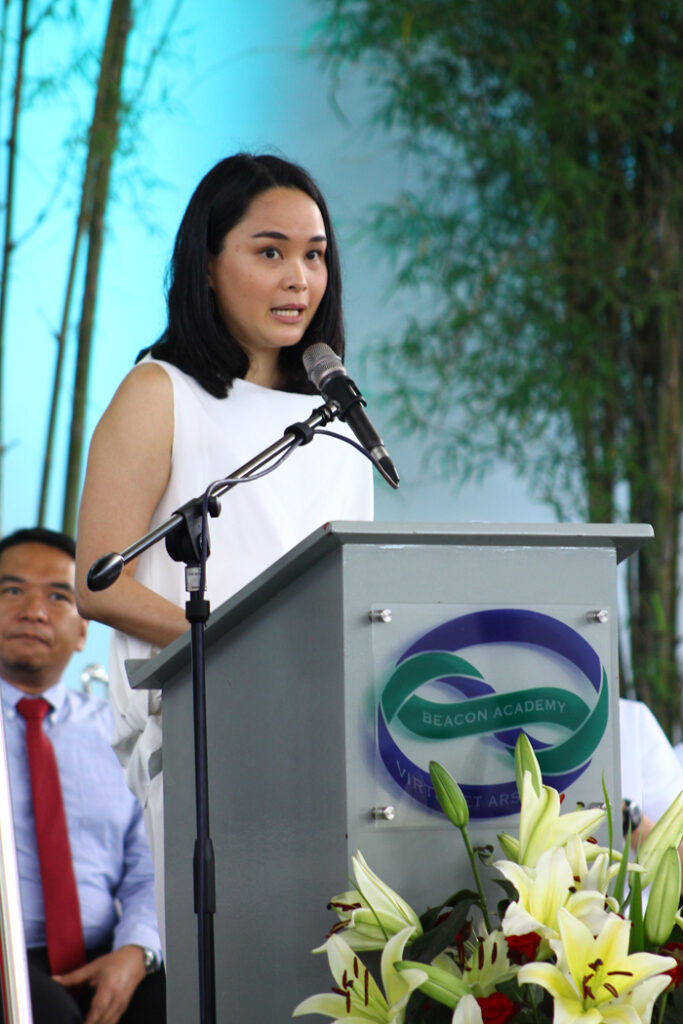
Krie Reyes-Lopez founded Messy Bessy, a home and personal care brand known for eco-friendly cleaners – and an even more powerful social mission. Beyond selling biodegradable, non-toxic cleaning products, Messy Bessy serves as a training ground for at-risk youth. Krie established the HOUSE Foundation (Helping Ourselves Through Sustainable Enterprises) to employ and mentor young adults who survived abuse or poverty, providing them on-the-job training and education opportunities. Under her leadership, what began as a kitchen experiment in natural cleaners has grown into a nationwide brand found in supermarkets and homes. More importantly, it has become a second chance for dozens of marginalized youth, proving that businesses can shine bright with compassion and environmental responsibility at their core.
Dr. Jaime Aristotle Alip
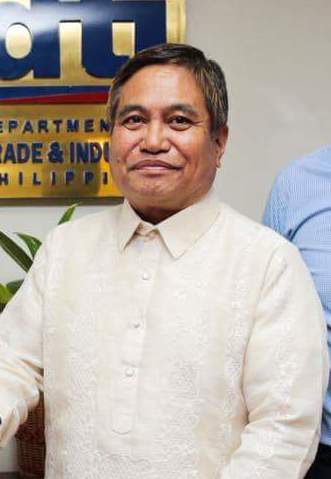
Dr. Jaime Alip is a pioneer of microfinance and social development in the Philippines, having founded CARD MRI (Center for Agriculture and Rural Development – Mutually Reinforcing Institutions) back in 1986. What started as a small rural lending program has grown into a comprehensive network of 23 institutions – including microfinance banks, microinsurance, a business school, and cooperatives – all focused on poverty eradication. As of 2020, CARD MRI has provided microloans and livelihood assistance to 6.8 million poor families (mostly women entrepreneurs) across the country. It also offers microinsurance protecting over 29 million individuals, shielding them from financial shocks.
Carmela Braceros Alcantara
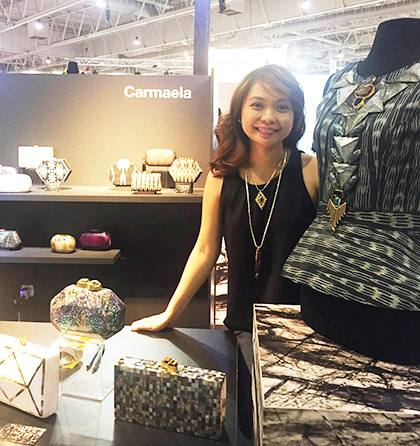
Hailing from Davao, Carmela “Carmaela” Alcantara is the creative force behind Crystal Seas, a fashion social enterprise highlighting Mindanao’s rich artisan heritage. Crystal Seas creates high-end handbags and accessories that incorporate traditional handwoven textiles, natural fibers, shells, and brass – all sourced from Mindanao communities. Alcantara’s mission is twofold: celebrate Mindanao’s cultural beauty and provide sustainable livelihoods to marginalized groups like persons with disabilities, out-of-school youth, indigenous tribes, and women. By marrying contemporary design with heritage crafts, she has opened global markets (from New York to Paris) to Mindanao’s artisans.
Illac Diaz
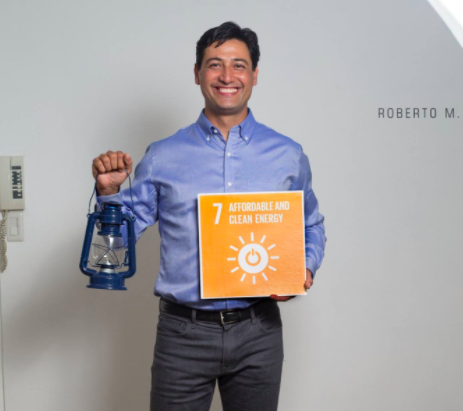
Illac Diaz is internationally acclaimed for bringing light to off-grid communities through his Liter of Light initiative. Under the MyShelter Foundation that he founded, Illac launched Liter of Light in 2011 to provide a cheap, eco-friendly source of daytime and nighttime illumination using discarded plastic bottles. The concept is elegantly simple: a recycled PET bottle filled with water and bleach, installed in a roof, refracts sunlight to equal a 55-watt bulb – and with a small solar panel and LED, it becomes a solar lamp at night. Diaz set it up as an open-source, “DIY” grassroots movement that trains local entrepreneurs (often women cooperatives) to make and install the bottle lights, earning income while brightening homes. In just the first 20 months, Liter of Light illuminated 150,000 dark Filipino homes and spread to 15 countries, reaching 350,000 households globally. To date it has empowered communities in over 30 countries to build more than one million affordable solar lamps.
Kristine Buenavista
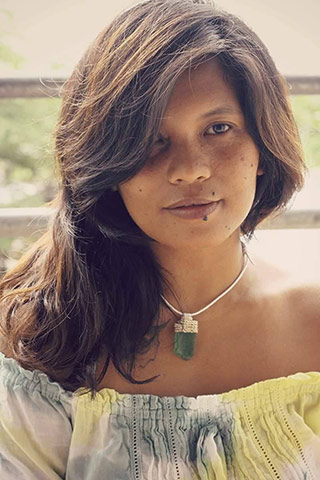
In Iloilo, Kristine Buenavista co-founded Alima Community, a platform for sustainable living that empowers rural artisans. Alima connects talented makers from Iloilo’s countryside with wider markets, under brands like Rofil (jewelry from wild vines and seeds), Kataw (accessories from beach trash and sea debris), and Himbon (upcycled tote bags). Kristine and her partner started Alima with just ₱15,000, driven by a desire to help mountain village mothers who were skilled weavers but lacked market access. By introducing innovative designs and offering “slow living” craft workshops and retreats, Alima has improved incomes for these artisans and promoted eco-conscious lifestyles.
Janine Mikaella Chiong
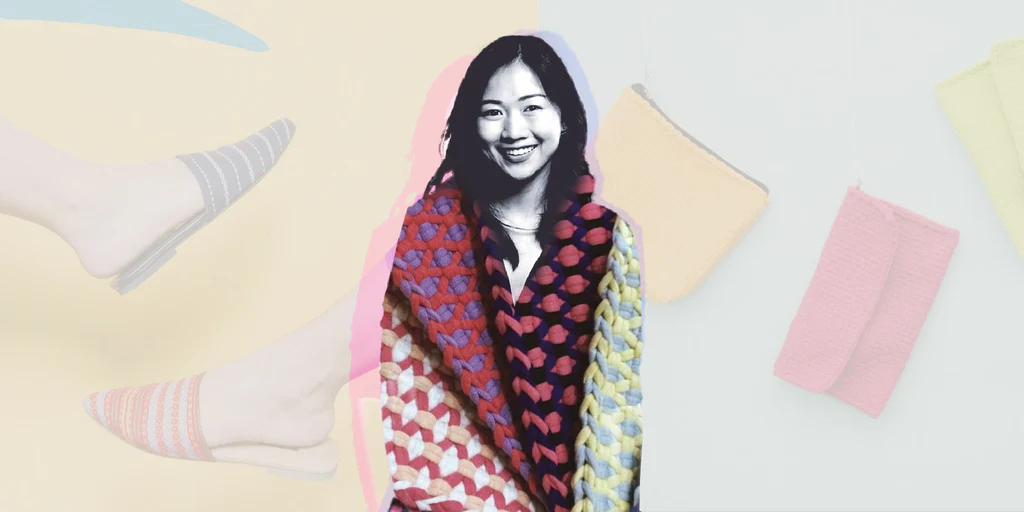
Janine Chiong is the co-founder of Habi Footwear, a fashion enterprise with a conscience. Habi (meaning “weave”) produces stylish footwear and accessories using upcycled fabric scraps and indigenous weaves, made in partnership with communities across the Philippines. Chiong’s venture advocates responsible fashion and social empowerment, ensuring that the artisans and makers – often women from poor villages – are integral to the supply chain and share in the business’ success. By blending Filipino craftsmanship with modern design, Habi Footwear provides livelihood opportunities to families in need and educates consumers about sustainability.
Miku Ebueza
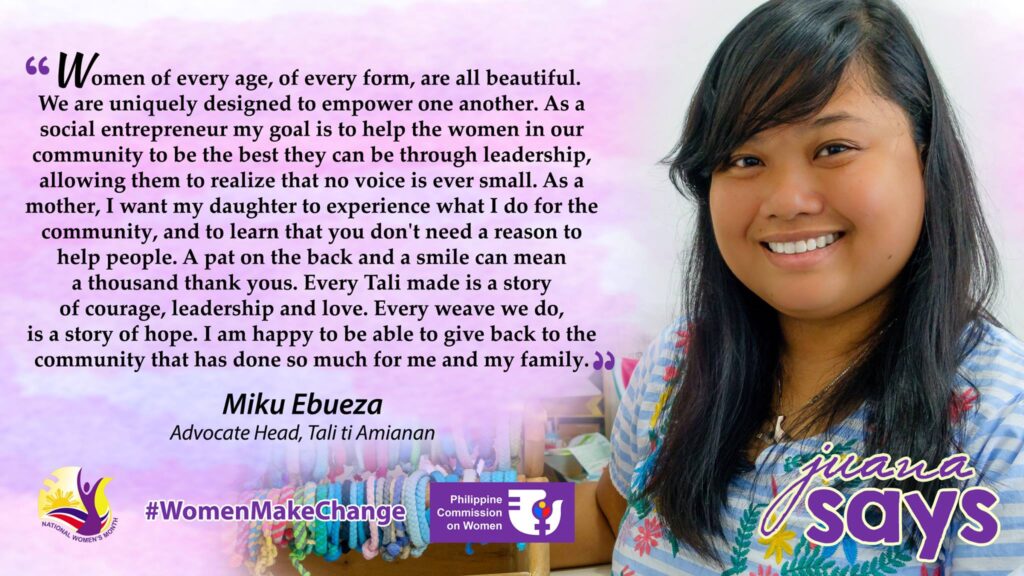
In La Union, surfer-entrepreneur Miku Ebueza founded Tali Ti Amianan (Ilocano for “rope of the north”), a social enterprise that turns ocean waste and old clothes into sustainable fashion. Miku’s mission was born from her love of the waves and concern for local fisherfolk. Tali Ti Amianan employs locals to make handmade accessories – think braided bracelets, bags, and lanyards – using eco-friendly materials like repurposed T-shirts, discarded canvas, leather scraps, and other “trash” that would wash up on shore. By doing so, the venture creates livelihoods in San Juan, La Union’s coastal communities and reduces marine litter. Ebueza’s approach has made sustainability cool among young beach-goers and proved that even small beach towns can be hubs of environmental innovation.
Anya Lim
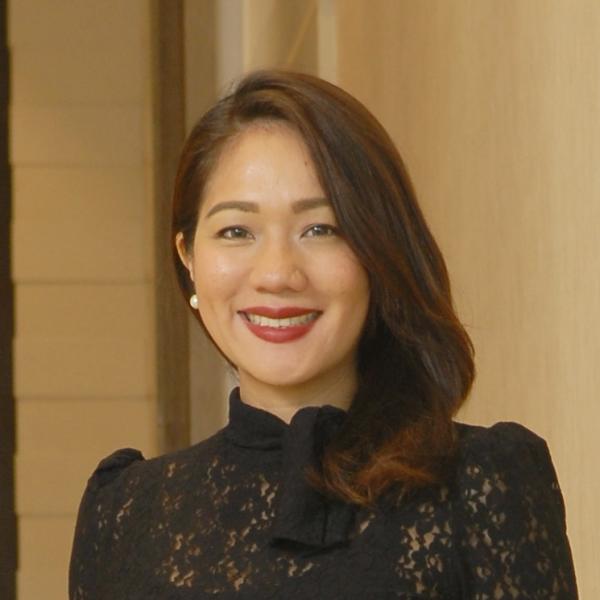
Anya Lim co-founded ANTHILL Fabric Gallery, a social and cultural enterprise with a mission to preserve Filipino weaving traditions while creating livelihood for indigenous Nicknamed the “Princess Ant,” Anya leads ANTHILL (short for Alternative Nest and Trading/Training Hub for Indigenous Livelihood) to blend age-old handloom techniques with contemporary style. She works with weaving communities across the Philippines, helping them become sustainable community enterprises. ANTHILL provides training in design, business, and market trends, enabling weavers to command fair prices and reach urban markets.
Trish Lim Francia
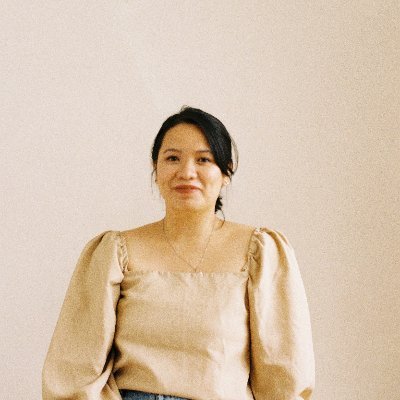
Trish Lim Francia is the co-founder of Woven, a social enterprise uplifting traditional artisans from Basey, Samar and beyond. After Typhoon Haiyan devastated weaving communities in Samar, Trish and her team stepped in to help weavers rebuild. Woven’s mission is to make Philippine weaving culturally and economically sustainable. The enterprise provides training, design input, and market access to artisans who create beautiful hand woven banig mats, bags, and home items. By helping mostly women weavers improve product quality and connect with customers, Woven enables them to earn significantly higher incomes.
Jesalee Rose Ong
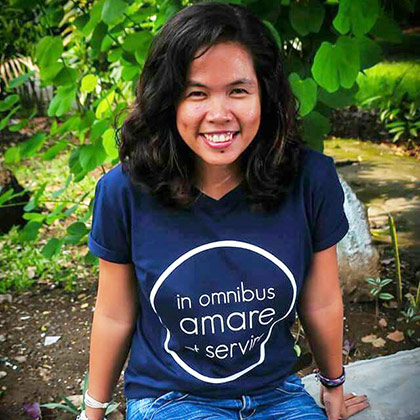
Jesalee Ong founded Balangay’s Best after working with fishing families displaced by Typhoon Yolanda in Bantayan Island, Cebu. This social enterprise works hand-in-hand with fisherfolk to create premium dried fish and seafood products, while championing sustainable fishing practices. “Balangay” refers to a small community, reflecting Jesalee’s ethos of journeying together with fishermen toward a better life. By improving processing techniques and packaging, Balangay’s Best enables fisherfolk to fetch higher prices for their catch and access new markets. Jesalee’s initiative has won awards (e.g. BPI Sinag in 2016) and, more importantly, gained a bigger family of empowered fishermen and women who are stewards of the sea. It’s a shining example of post-disaster social entrepreneurship turning relief into lasting resilience.
Yana Santiago
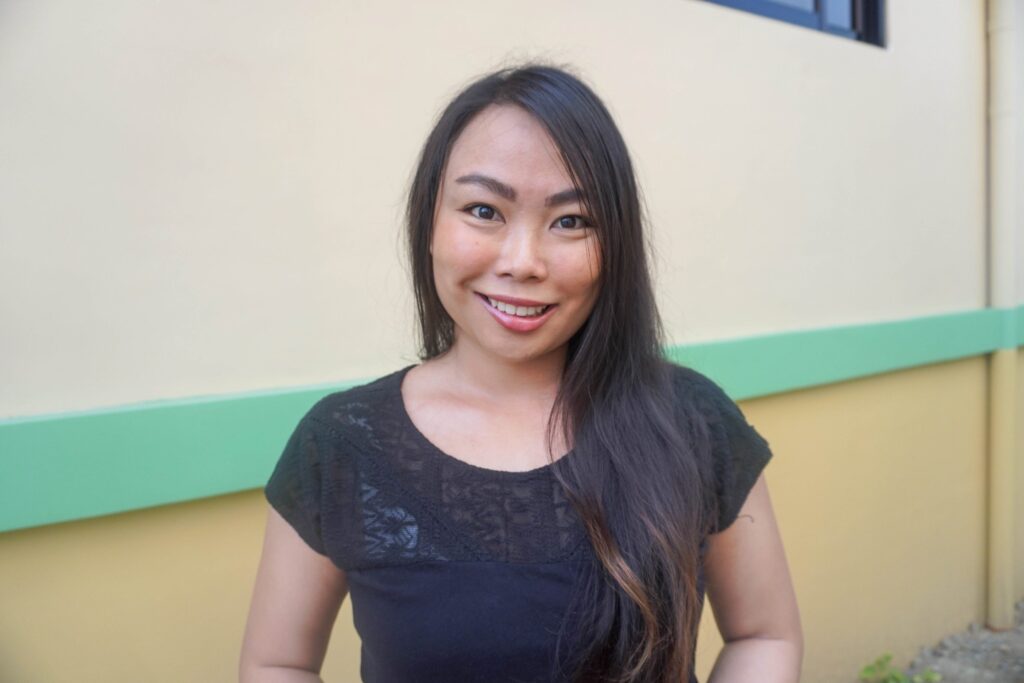
Davao-based entrepreneur Yana Santiago turned upcycling into a means of hope and healing with her social enterprise Olivia & Diego. This venture works with women survivors of human trafficking and domestic abuse, training them to create fashionable jewelry out of discarded cloth and industrial scraps. Olivia & Diego’s colorful braided necklaces and bracelets carry stories of rebirth: the fabric is upcycled from textile waste, and the artisans are women rebuilding their lives. Santiago’s work has been recognized globally (she was a Young Challenger at the Global Social Business Summit and a Hive Global Leaders fellow).
Melissa Yeung Yap
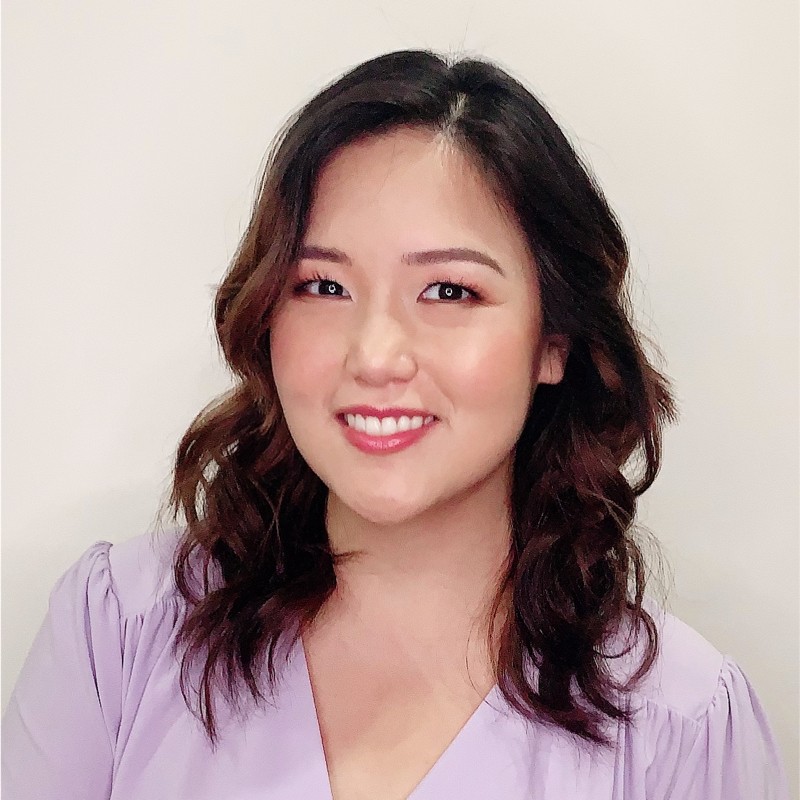
Melissa Yeung Yap is a social entrepreneur who built an ecosystem of enterprises under the Got Heart umbrella to support farmers, indigenous peoples, and youth across the Philippines. In her early teens, Melissa found purpose in volunteering with street kids; by 23, she formalized her passion through the Got Heart Foundation. She established the Got Heart Shop, a store in Quezon City that incubates community-based brands and sells products from remote communities; Earth Kitchen, a farm-to-table restaurant that sources organic produce from small farmers and indigenous tribes; and even a Got HeART Gallery for marginalized artists. Each venture addresses a social need – whether it’s livelihood for Aeta farmers, market access for artisans, or art therapy for trauma survivors – under one roof at the Got Heart Center.
Cherrie Atilano
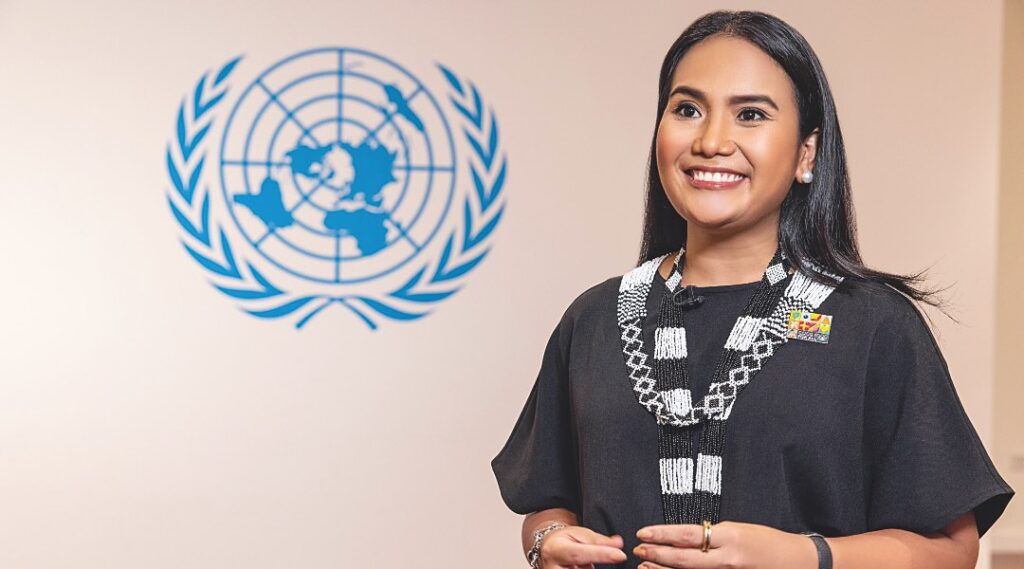
Cherrie Atilano is one of the Philippines’ leading voices in sustainable agriculture. She founded AGREA Agricultural Systems International with a bold vision: to eradicate rural poverty by empowering farmers and fishers through enterprise. Based initially on Marinduque island, AGREA promotes a “one island economy” model which integrates livelihood training, fair trade markets, agri-tourism, and environmental stewardship. Under Cherrie’s leadership, AGREA has organized over 30,000 farmers into cooperatives, introduced climate-resilient farming techniques, and linked producers directly with institutional buyers.
Antonio “Tony” Meloto
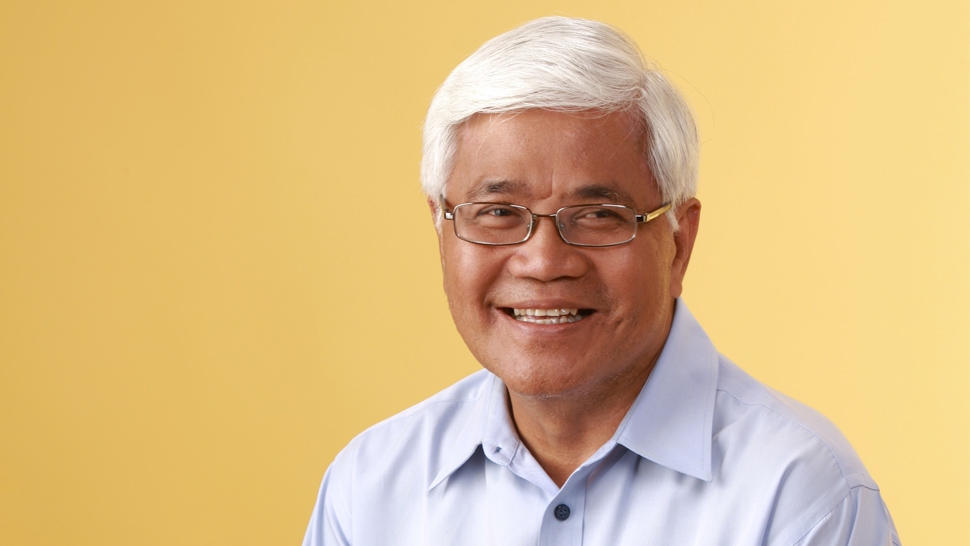
Tony Meloto is the visionary behind Gawad Kalinga (GK), a nation-building movement that has transformed over 2,000 impoverished communities through a unique model of housing, livelihood, and values formation. Starting in 2003, Meloto rallied volunteers and partners to build colorful GK villages, providing land and dignified homes to slum-dwelling families with the sweat equity of the families themselves. But beyond housing, GK’s mission – to end poverty for 5 million families – led Meloto to develop programs for education, health, and enterprise in these communities. One signature initiative is the Enchanted Farm (now led by Shanonraj Khadka, see #5), which serves as an incubator for social businesses driven by GK residents and young entrepreneurs. Through GK, over a million Filipinos have benefited, finding not just shelter but restored dignity and a path to productivity.
Anna Meloto-Wilk
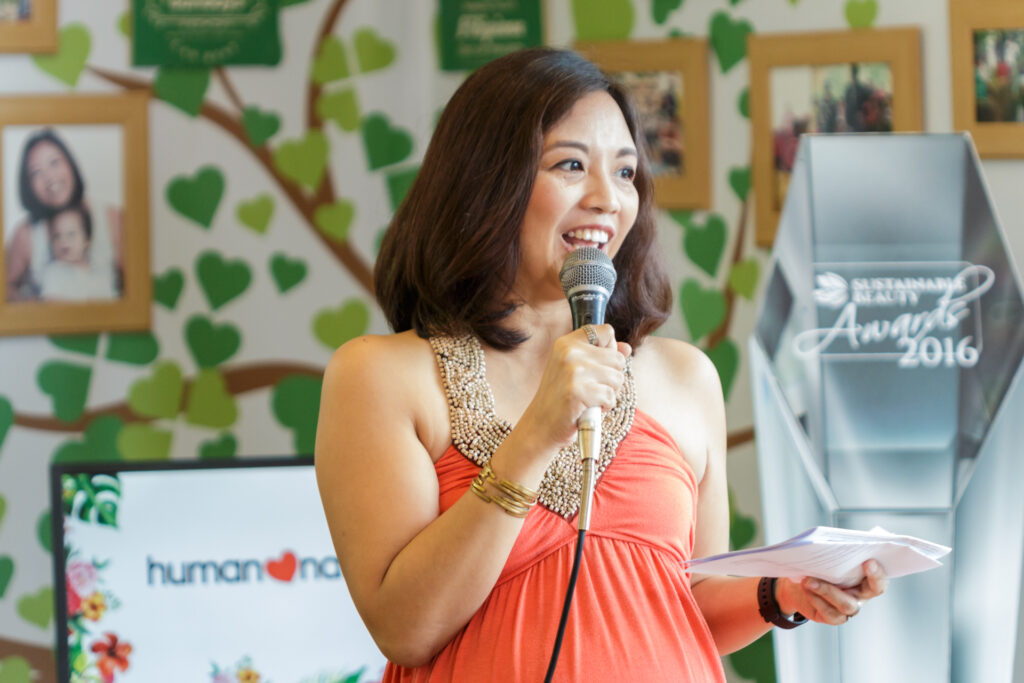
Anna Meloto-Wilk co-founded Human Nature (Gandang Kalikasan, Inc.) to prove that businesses can prioritize the poor and the planet while still thriving. Human Nature is now a leading Filipino brand of natural personal care and beauty products, but its core is a pro-poor, pro-environment, pro-Philippines business model. More than half of Human Nature’s employees come from low-income communities, including Gawad Kalinga villages, hired as full-time staff with living wages and full benefits (many were once tricycle drivers or scavengers who are now skilled production workers). Anna ensures the supply chain also benefits rural farmers – the company sources locally grown ingredients (like coconut oil, citronella, cocoa butter) to create world-class products that have earned Natural Products certification in the U.S. Since its founding in 2008, Human Nature has grown from a team of 4 to over 400 employees.
Mark Joaquin Ruiz
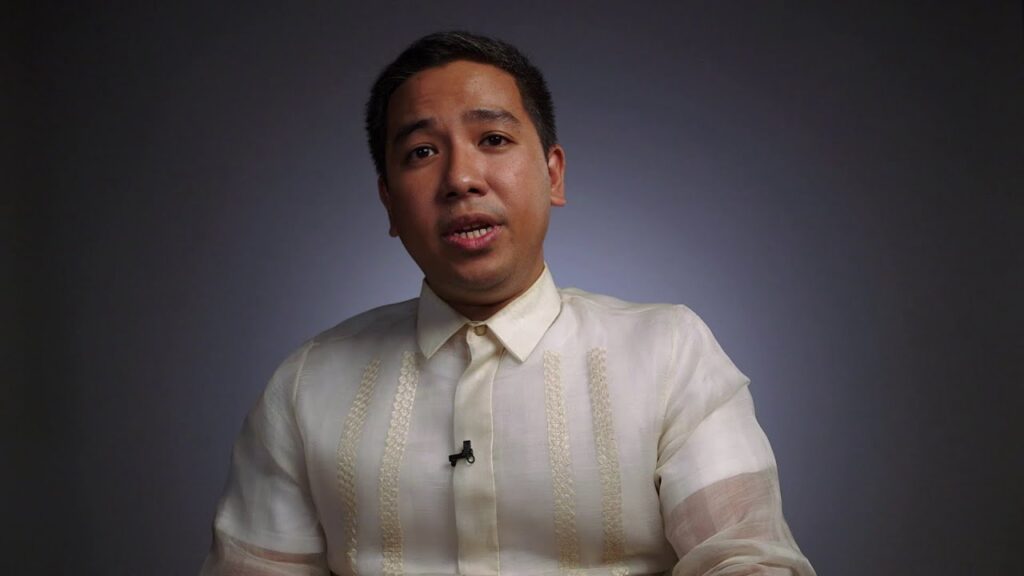
Mark Joaquin Ruiz is the co-founder of Hapinoy, a groundbreaking social enterprise network devoted to uplifting nanays (mother-entrepreneurs) who run sari-sari stores (micro variety shops). Started in 2007 with Bam Aquino, Hapinoy set out to answer two questions: How to help these tiny neighborhood stores grow, and how to leverage them to deliver goods and services to poor communities. Ruiz’s approach was to organize the scattered sari-sari stores into a nationwide network with training, microfinance, and bulk buying power. Hapinoy provides business and financial literacy education to thousands of store owners (mostly women), facilitates micro-loans for capital, and introduces new product lines from solar lamps to health essentials, turning stores into last-mile distribution hubs.
Aisa Mijeno
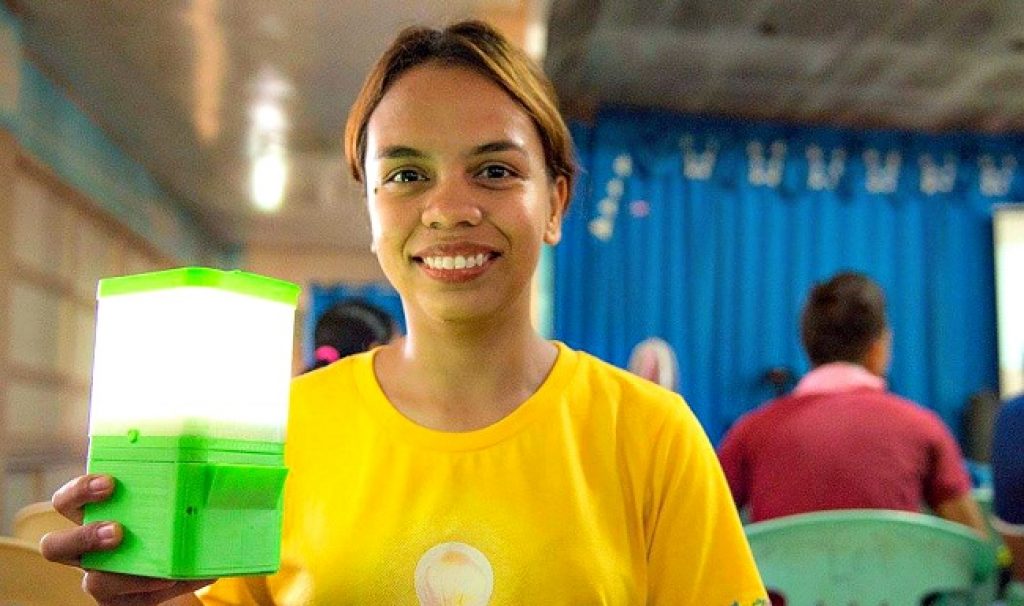
Aisa Mijeno is a scientist-turned-social entrepreneur who co-invented the SALt Lamp, a groundbreaking device that provides light using just saltwater. As a young engineer, Mijeno lived with off-grid communities in Kalinga and saw the dangers of kerosene lamps. This led her to develop SALt – an LED lamp that runs up to 8 hours on a glass of water and two tablespoons of salt, or even sea water. Branded as a “social movement” rather than just a product, SALt has brightened homes in remote coastal barrios and mountain villages, eliminating the cost and hazard of kerosene.
Ryan Gersava
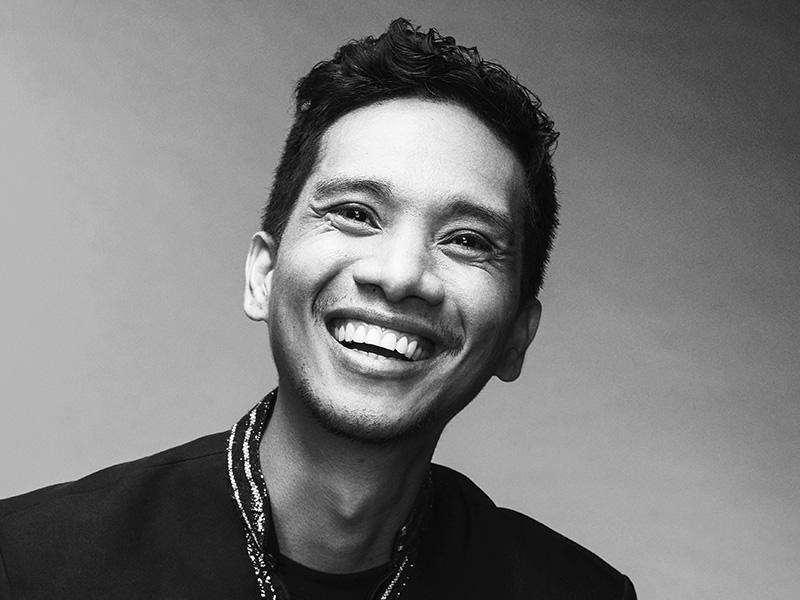
Ryan Gersava is breaking barriers for persons with disabilities (PWDs) through Virtualahan, an online vocational school that champions inclusive employment. After personally facing job discrimination due to a health condition, Ryan “employed himself” by creating Virtualahan in 2015 – a virtual eskwelahan (school) that trains PWDs and people with chronic illnesses or from disadvantaged groups in digital skills. Over a six-week intensive program conducted entirely online, participants learn skills like graphic design, social media management, and data entry, while also receiving life coaching and health supportrecruitday.com. Graduates are then assisted in finding remote employment in companies that partner with Virtualahan.
Clarissa Delgado
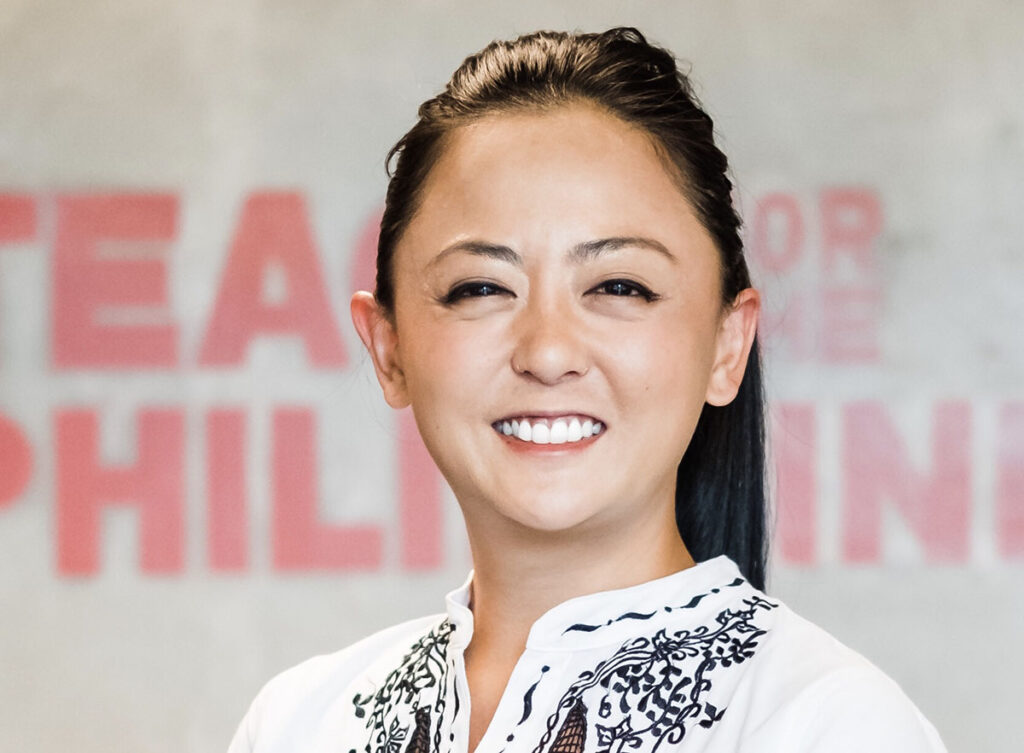
Clarissa Isabelle Delgado co-founded Teach for the Philippines (TFP) in 2012 to address educational inequity in the countryModeled after Teach for America, TFP recruits talented young leaders, trains them, and places them as public school teachers in under-resourced communities for two years. Under Clarissa’s decade of leadership, TFP grew into a nationwide movement of Fellows and alumni who have reached tens of thousands of students in poor and remote areas. The program not only alleviates teacher shortages but also injects new energy and innovative teaching methods into the public school system. Delgado partnered with the Department of Education to ensure TFP Fellows are deployed where they’re needed most, and advocates for policy changes in teacher development.
Erika Ng Wong
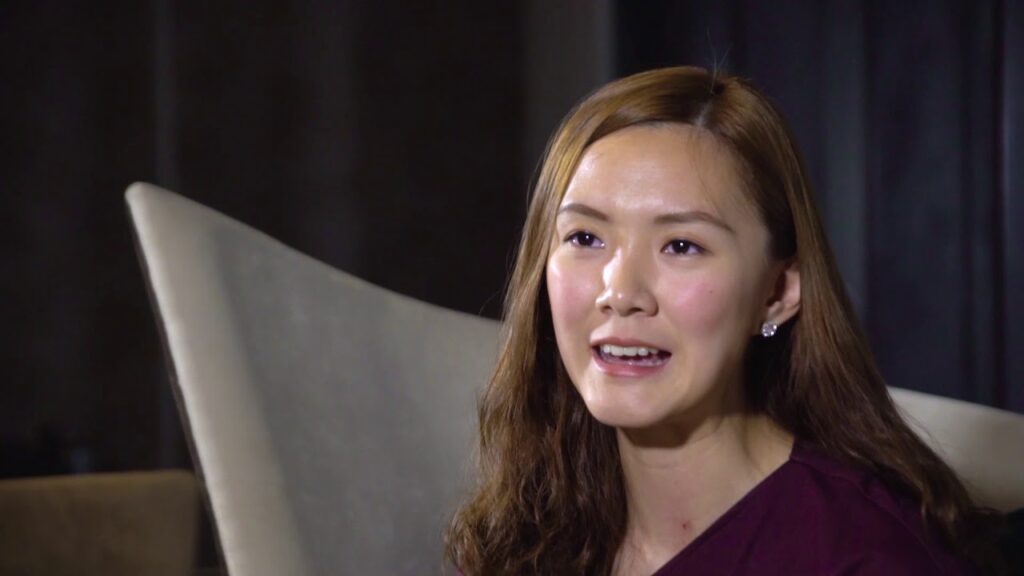
Erika Ng Wong left a corporate career to start Karabella, an artisanal dairy social enterprise partnering with Gawad Kalinga communities in Bulacan. Karabella (a play on carabao, the local water buffalo) produces fresh milk, ice cream, and yogurt using 100% local carabao’s milk and natural ingredients sourced from small farmers. Wong’s goal is twofold: to prove that Filipino-made dairy can meet world-class standards and to create livelihoods for farming families. By sourcing milk and fruits from social entrepreneurs and cooperatives, Karabella guarantees farmers a steady market and income. The brand has won taste-test awards and a loyal following for its quality.
Bryan Benitez McClelland
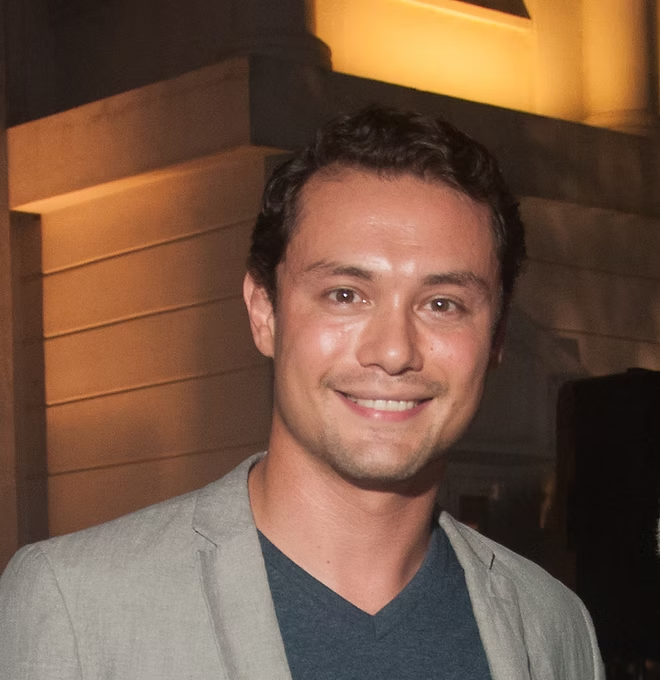
Bryan McClelland is the Filipino-American social entrepreneur behind Bambike, a socio-ecological enterprise building handcrafted bamboo bicycles that benefit both people and planet. Founded in 2010 with support from Gawad Kalinga, Bambike employs skilled craftsmen from rural communities (aptly called “Bambuilders”) in Victoria, Tarlac to manufacture world-class bamboo bikes using locally grown bamboo and abaca fibers. By training and hiring workers in areas with high unemployment, Bryan has helped them double their previous incomes and gain benefits like healthcare. The company sells these stylish, durable bikes globally and also runs Bambike Ecotours, which offers guided bike tours in Intramuros and beyond, adding jobs in tourism.
Pacita “Chit” Juan
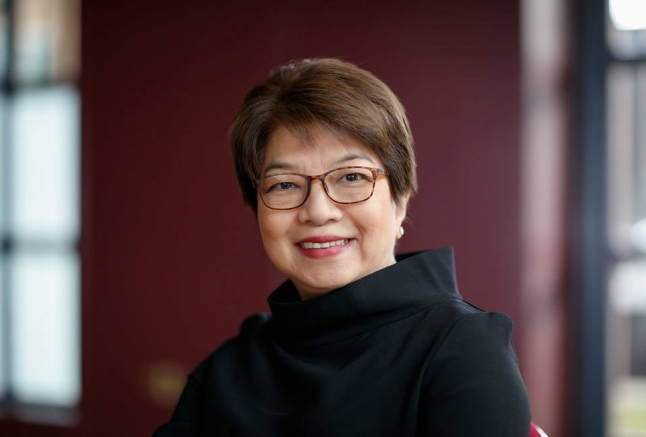
Pacita “Chit” Juan is a serial entrepreneur and a champion of sustainable lifestyle and women’s empowerment in business. In 2008, after success in the coffee industry, she co-founded ECHOstore (Environment & Community Hope Organization Store). This is the Philippines’ first collective social enterprise shop, which retails natural and organic products made by marginalized communities. Chit’s vision was to create a market linkage for farmers, indigenous groups, and women artisans producing organic food, wellness items, and handicrafts. Today, ECHOstore has multiple branches showcasing goods from dozens of community enterprises, from Cordillera coffee growers to Bangsamoro.
Pamela Nicole Mejia

Pamela Mejia founded Phinix, a social enterprise turning textile waste into new products and opportunities. Launched while she was in college, Phinix upcycles discarded fabric into home decor, footwear, even bricks – proving that one person’s trash can truly become another’s treasure. Mejia’s venture not only reduces landfill waste but also partners with marginalized communities as makers, providing livelihood and promoting a more sustainable fashion cycle.
Mark Sultan Gersava
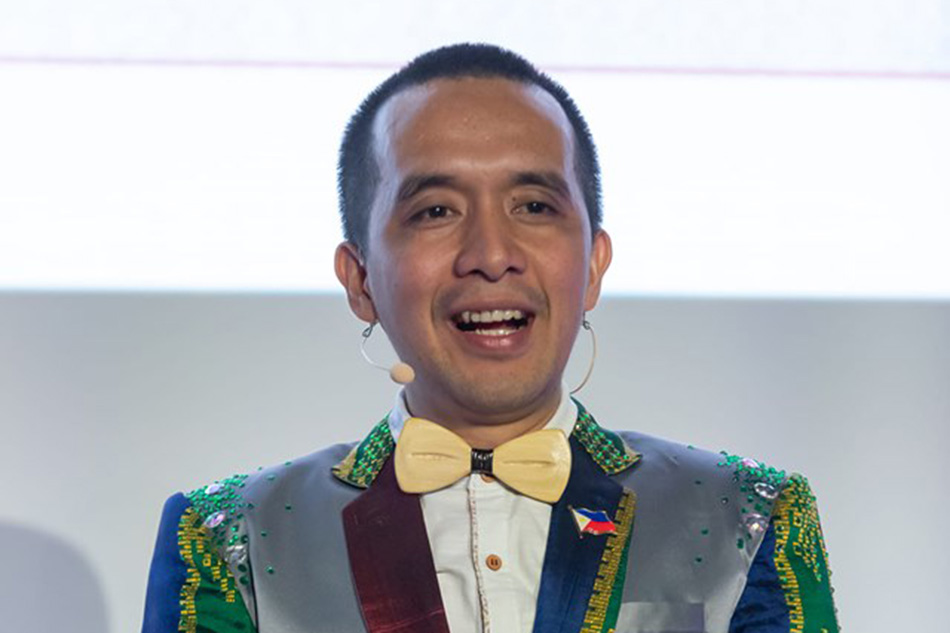
Mark Sultan Gersava is a climate action innovator who founded Bambuhay in 2017 to fight both poverty and plastic pollution using the power of bamboo. A farmer’s son from Sultan Kudarat, Mark understood the potential of bamboo as a fast-growing, sustainable resource. With just ₱10,000 (~$200) capital, he started Bambuhay by making eco-friendly bamboo straws as an alternative to disposable plastic straws. He set up a production facility in Nueva Ecija, hiring unemployed locals as harvesters and makers, and worked with farmers to plant and sustainably harvest bamboo in denuded areas. Despite early financial struggles, Bambuhay gained momentum through support from the UNDP’s. The enterprise soon expanded its product line to bamboo toothbrushes, charcoal air purifiers, and other bamboo-based alternatives, creating sustainable livelihoods for over 13,000 farmers and community members as it scaled
Conclusion:
These 30 Filipino social entrepreneurs showcase the breadth of innovation and compassion driving social change across the Philippines. From rural farms and fishing villages to urban slums and classrooms, they are proving that businesses built on purpose and people can solve some of our toughest challenges. Each has leveraged creativity and determination to address issues like poverty, inequality, and environmental degradation — all while empowering those most affected to be part of the solution. Their impact is measured not just in numbers or awards, but in the improved lives and renewed hope within communities. Together, they paint an inspiring picture of a new kind of development, one fueled by social enterprises that put impact first. As the Philippines and the world continue to seek sustainable and inclusive growth, these changemakers lead the way, reminding us that entrepreneurial thinking combined with a heart for others can indeed transform society for the better.

